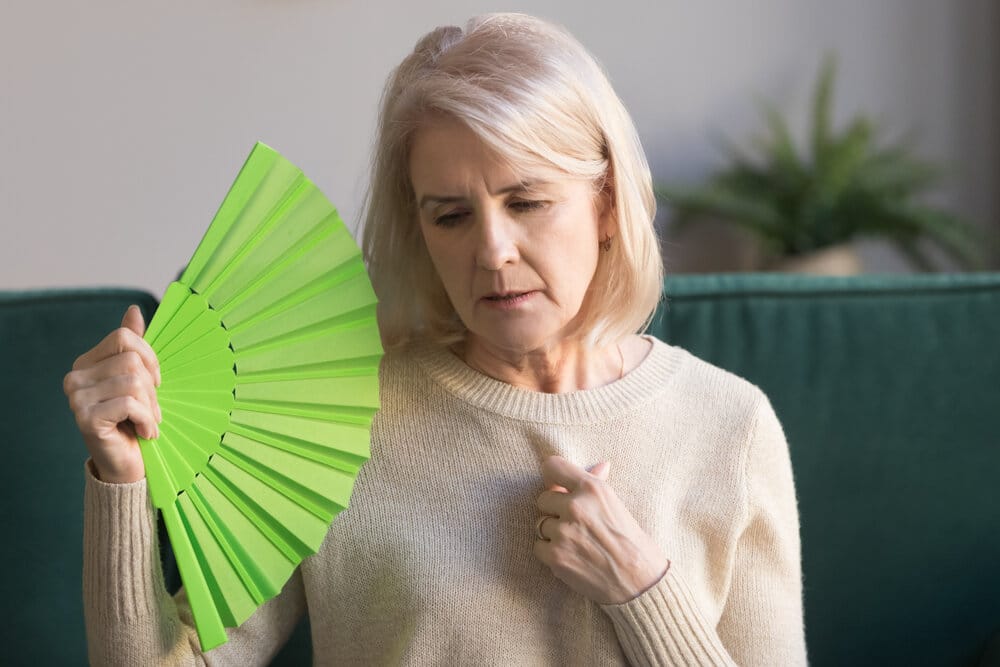
Every one of us has days when we feel like we’re out when people get on our nerves, and we just can’t handle anything. We can feel a little more depressed or nervous than normal, and our patience is short-lived. This is completely natural. If these moments happen more often or become more serious, however, you may ask, why am I so irritable?
While several factors can make you feel irritated occasionally, in both men and women, mood changes can be hormone related. It could be time to examine hormones as a possible trigger if irritability becomes a recurring theme. It is often noticed that hormone replacement therapy helps to recover this like anything.
Why do I feel so irritable? Hormones’ effect on the brain
In our moods and actions, the endocrine system is monitored. For example, hyperthyroidism can cause nervousness and agitation, while depressive symptoms may arise from hypothyroidism. The imbalances of sex hormones may have an even more well-defined effect.
Women
Many women have encountered mental discomfort and irritability induced by menstrual cycle-related monthly hormone fluctuations. During phases of hormonal transformation, such as puberty, pregnancy, peri-menopause, and menopause, similar mood-related symptoms can also be more erratic and intensive.
Why is this happening?
Estrogen and progesterone also have a modulatory influence on the development and functioning of the brain. Therefore, through altering hormone levels, emotional regulation is significantly impaired. For example, one study showed that “premenopausal women with no lifetime history of major depression who entered perimenopause were twice as likely as women who remained premenopausal to develop significant depressive symptoms after adjustment for age at study enrolment and history of negative life events.” Women who previously suffered from depression are more likely to have depression.
The relationship between mood and hormones in women is still being discovered by researchers, but changing estrogen levels are widely assumed to be a culprit. As such, therapy for hormone replacement can have a “direct and positive effect” on mood. Since hormones may intensely and unpredictably influence emotional well-being, both those created by the body and those administered to address an imbalance, it might be beneficial for you to consult with a hormone health professional who can offer care that is intended to meet your specific needs.
Men
Most men have a slight 1% decrease in testosterone that starts about the age of 30, unlike the sharp decline in sex hormones women undergo with menopause. This reduction is so gradual that once testosterone levels are drastically reduced, most men do not notice it. Research shows that more than a third of men over the age of 45 have levels of testosterone lower than normal for their age.
A variety of physical symptoms, and poor concentration, depression, and irritability, can be produced by decreasing testosterone levels. Stress, which increases weight, cortisol, may cause excess estrogen.
Hormone replacement therapy with testosterone (TRT) can help improve mood, well-being, and quality of life. A meta-analysis of exogenous testosterone studies found that TRT could be a powerful tool in the treatment of moderate depression or as an add-on in the treatment of depression in men under 60. See us at Oklahoma Spine & Pain Management for more information.
**Disclaimer: This content should not be considered medical advice and does not imply a doctor-patient relationship.






